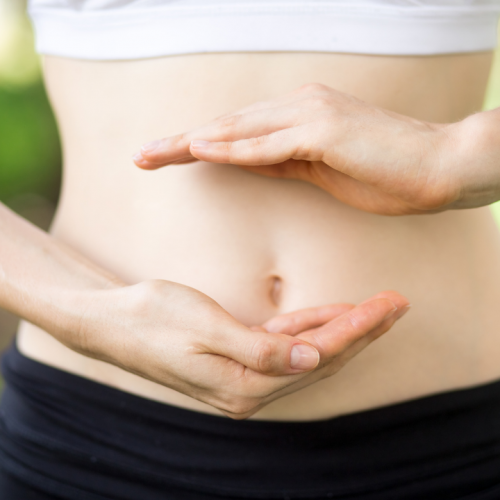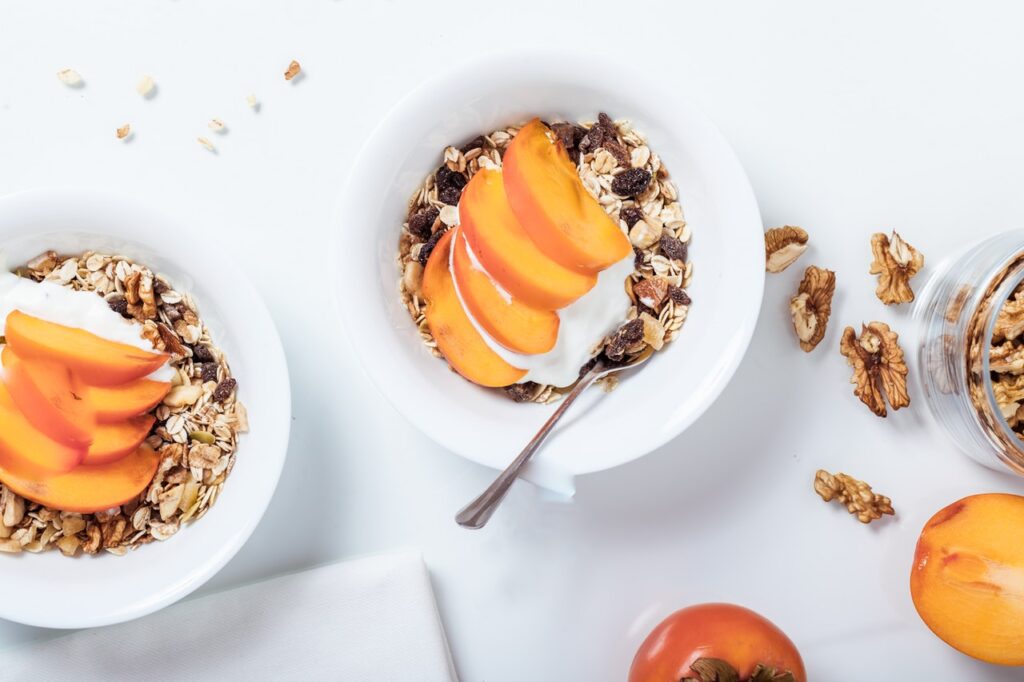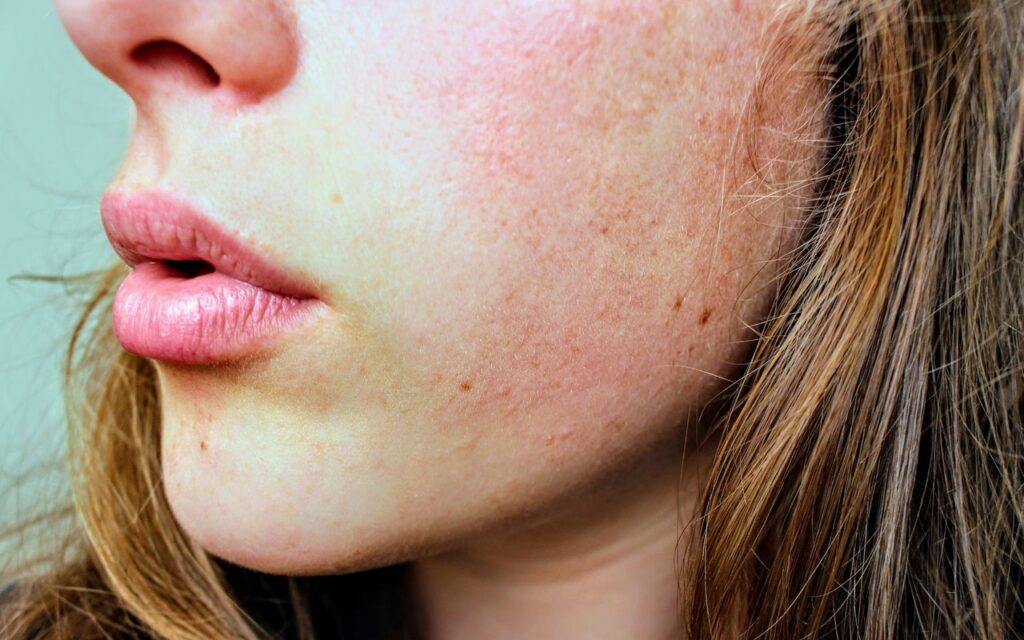I’m guessing you may have heard about the gut microbiome… But did you know we also have a skin microbiome as well? It’s true! While it might feel a little gross to imagine trillions of little bacteria living within our gut and on our skin, don’t write them off just yet.
Science is showing us that the diversity and colony size of certain types of bacteria are incredibly important for human health. While we typically think of bacteria as ‘bad’, there are many beneficial strains of bacteria found in our gut and on our skin that are important for…
The microbiome is an important part of our immune health, and it helps us out in a few different ways. Whether bacteria is helpful or harmful, they need resources to grow. When we have large amounts of helpful bacteria, they can use their numbers to compete against the harmful bacteria for space and nutrients.
Colonies of helpful bacteria line the intestinal wall, act as a barrier against pathogens (things like harmful bacteria and viruses), and block them from accessing resources. Helpful bacteria can also produce a substance called bacteriocins, which can inhibit the growth of other bacteria. The immune system learns to team up with the helpful bacteria that attaches to certain sites on the intestinal wall, which allows it to recognize and respond to potential threats more rapidly. [2]

There is also some evidence to suggest that developing a healthy microbiome early in life can help prepare the body to respond to potential allergens. In one study, researchers found that infants who developed food and environmental allergies had different bacterial composition of the microbiome compared to infants without allergies. [3]
Our skin’s microbiome is also thought to play a role in our immune function. Our skin is the first line of defense against harmful bacteria and pathogens. Interestingly enough, our skin microbiome also plays an important role in our ability to fight off bad bacteria. This is because the helpful microorganisms that live on our skin can be helpful for ‘educating’ our immune system, which means that it tells our immune system what is going to help keep the body healthy, and what could be a threat. [5]
If you’re a fan of fermented foods, like kombucha, sauerkraut, kimchi, yogurt, kefir, or miso, you’re likely enjoying a healthy dose of friendly bacteria! Fermentation is interesting, because the process takes nutritious food items, and boosts them with even more nutrition! That’s because happy, healthy bacteria produce nutritious byproducts as a result of fermentation.

Now, don’t freak out… the bacteria in your gut performs a similar role. When you digest food, you’re feeding these little guys! And they produce some great nutrients in return, such as thiamine (B1), folate, biotin, riboflavin (B2), and pantothenic acid (B6), vitamin K2 and short chain fatty acids. [3] Isn’t that incredible?
If you have a healthy gut microbiome, you might not notice the effects all that much day-to-day. However, if your microbiome gets thrown out of whack, you’d notice the effects of dysbiosis a whole lot more. Dysbiosis occurs when the healthy bacteria in your gut is reduced, and the balance of the microbiome is lost. This affects your ability to maintain normal digestion, and may result in some undesirable side effects, such as:
Additionally, researchers suspect that dysbiosis in the microbiome may play a significant role in diseases like irritable bowel syndrome (IBS) and inflammatory bowel disease (IBD). [4-6] So, it’s important to maintain a healthy gut microbiome to promote
These beneficial bacteria that live in the microbiome are part of what’s called a symbiotic relationship – we help each other out! We provide them a place to live, and feed them as food moves through our digestive tract, and they provide us with all the benefits listed above! And that is not even the end of it…
The microbiome that makes up our skin is not just important for our immune function, but also for the integrity of our skin. Skin dysbiosis is associated with several inflammatory skin conditions, such as acne, rosacea, atopic dermatitis (eczema), and psoriasis. However, while it’s important to take care of the skin topically, it goes a bit deeper than you might think.

It’s also thought that there is a connection between the skin, gut, and brain – often referred to as the “brain-gut-skin axis”. This theory notes that emotional and mental stress may lead to compromised integrity of our gut microbiota, leading to system inflammation. This system inflammation may play a role in the health of our skin! I wrote about this interesting concept a while back if you want to learn more about the brain-gut-skin axis.
As long as the microbiome thrives, we may experience the benefit of our friendly bacteria, from gut and immune health, to potentially even maintaining a healthy weight. However, there are many factors that can lead to damage of the microbiome, which can throw our health for a loop. This includes:
It’s important to control these factors listed above to protect the integrity of the microbiome. The healthy bacteria in our gut won’t flourish without our help. Luckily, there is another way to make sure that our microbiome stays healthy and happy! Purality Health’s Liposomal Probiotic uses the bacteria strain, L. Rhamnosus, a well-studied bacteria that may be beneficial for your gut and immune health, development, and more.
As always, you can also rely on Complete Collagen+ to maintain the health of your skin in addition to supporting a healthy microbiome. A healthy and beautiful appearance starts from within!